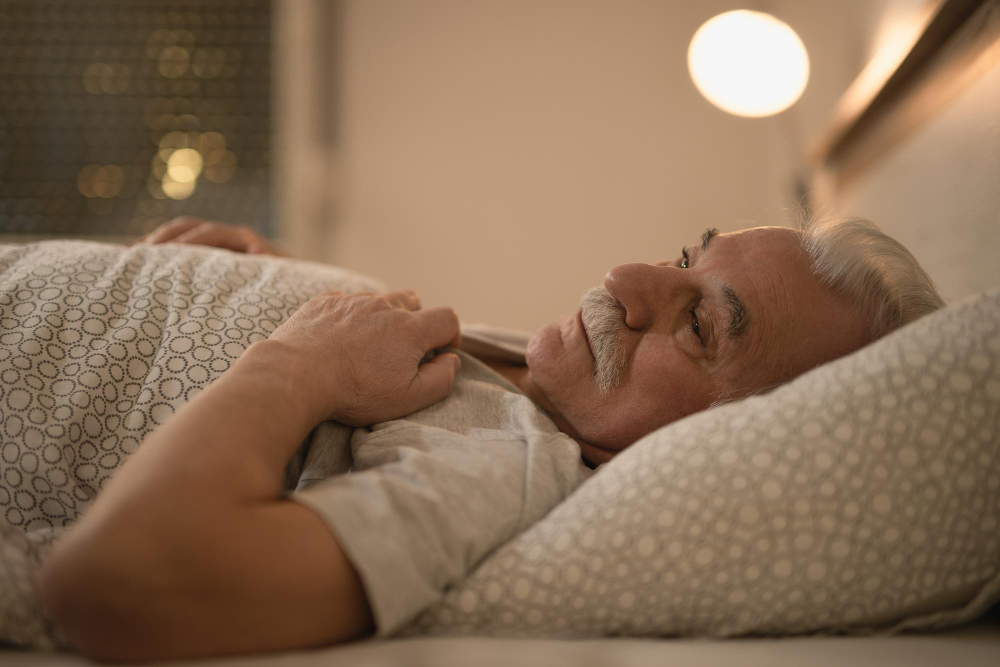A recent study involving 22 Parkinson’s disease (PD) patients has demonstrated that the dopaminergic drug levodopa improves sleep quality. Using a wearable actigraph, which monitors movement, researchers found that the number of nocturnal awakenings decreased by 25% and the time spent awake during the night fell by 30% when patients were on the drug.
This objective measure of sleep improvement contrasts with the patient’s subjective reports, which did not indicate any change in sleep quality.
The study monitored patients over four nights, with three nights of levodopa administration and one night without the drug. Despite the actigraphic evidence of improved sleep, patients did not report perceiving any difference.
This discrepancy highlights the importance of using objective tools like actigraphy to assess sleep quality, as PD patients’ perceptions of their sleep may be impaired by the disease.

Fábio Barbieri, the study’s last author, emphasized the significance of these findings for clinical practice. He noted that clinicians should consider these objective results when deciding whether to administer levodopa before bedtime.
The discrepancy between subjective and objective results is attributed to the impact of Parkinson’s disease on patients’ self-perception and reporting abilities.
Levodopa is primarily used to manage motor symptoms of PD, such as tremors and shaking, but it also affects sleep regulation due to its influence on the dopaminergic system.
Although the medication may enhance sleep quality by reducing sleep onset latency and wakefulness, it can also cause potential side effects like confusion and insomnia, making it crucial to use it under medical supervision.
In addition to its effects on sleep, levodopa’s impact on mobility and cognitive function in PD patients is of interest. Research has linked poor sleep quality with symptoms like freezing of gait and other mobility issues.
The study underscores the need for objective analysis in evaluating drug effects and improving patient care, especially as sleep disturbances are prevalent among PD patients and impact their overall well-being and mobility.
